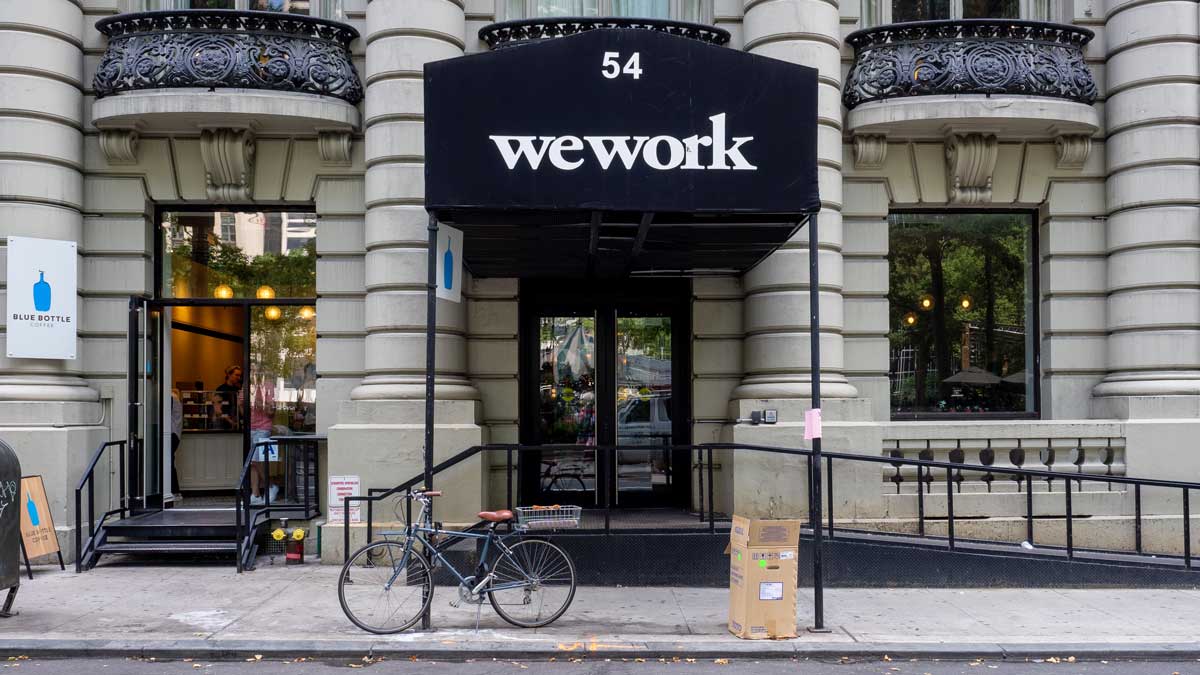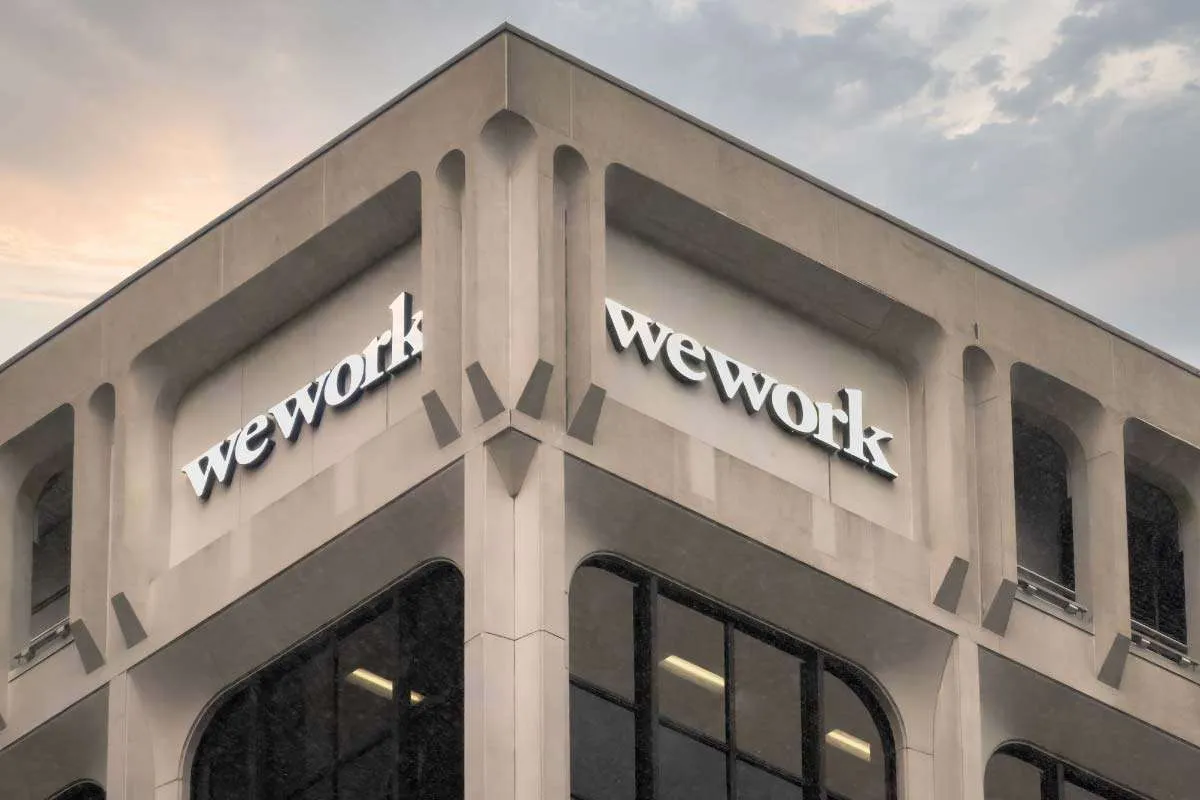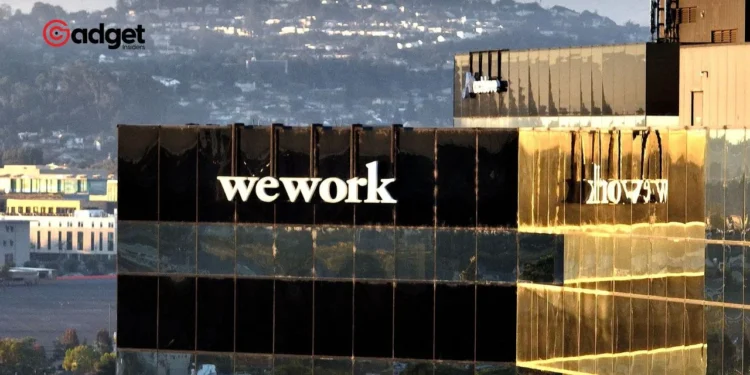In a landmark decision, WeWork has been cleared by a U.S. bankruptcy court to eliminate a staggering $4 billion in debt, marking a significant turnaround for the shared office space giant. This approval not only heralds a new chapter for WeWork but also emphasizes the resilience and strategic acumen of its management in navigating through financial tumult.

The Court’s Decision: A New Lease on Life for WeWork
Presided over by U.S. Bankruptcy Judge John Sherwood in Newark, New Jersey, the court’s approval paves the way for WeWork to emerge from Chapter 11 bankruptcy “in a matter of days,” as stated by the company’s attorney, Steven Serajeddini. This comes after a tumultuous period of rapid expansion followed by financial losses, prompting the company to seek bankruptcy protection in November 2023.
Strategic Downsizing and Debt Management
WeWork’s journey through bankruptcy was strategic, using the process to negotiate significant reductions in future rent costs and cancel leases at approximately one-third of its locations. This move is projected to reduce future rent expenses by over $12 billion, a critical factor in the company’s restructuring plan. Post-bankruptcy, the company expects to operate 337 shared office spaces, with a strong presence in the U.S. and Canada.

Leadership and Vision: Steering Through Challenges
David Tolley, CEO of WeWork, expressed his gratitude and optimism, stating, “Due to the tireless efforts of our team, and the unwavering loyalty of so many of our members, we have completed our Chapter 11 proceedings with success well beyond our initial expectations.” This sentiment underscores the collective effort and strategic vision that has characterized the company’s approach to overcoming its challenges.

Rejection of Buyout Proposal and Future Prospects
The restructuring also saw WeWork turning down a buyout proposal from co-founder and former CEO Adam Neumann, citing that the offer did not meet the financial interests of the company’s lenders. Instead, the lenders opted to take an equity stake as part of the bankruptcy deal, signaling a vote of confidence in the company’s future.
Furthermore, despite canceling existing equity shares, major shareholder SoftBank will retain a minority equity stake, a move that aligns with the financial recalibrations necessary for the company’s sustainable growth. Post-bankruptcy, the company’s estimated equity value stands at about $750 million, a significant recalibration from its one-time valuation of $47 billion.
Overcoming Past Struggles and Looking Ahead
WeWork’s narrative has been fraught with challenges, from a botched initial public offering in 2019, marred by investor skepticism over management practices and losses, to deepened losses during the COVID-19 pandemic as the demand for office space shifted dramatically. However, the company’s ability to adapt and restructure offers a robust template for corporate resilience and strategic foresight.

As WeWork prepares to re-enter the market debt-free, the focus will undoubtedly be on sustainable growth and leveraging the flexible workspace model to cater to the evolving needs of the workforce in a post-pandemic world. With a streamlined operation and a clearer financial path, the future looks promising for WeWork as it redefines its place in the global market.










